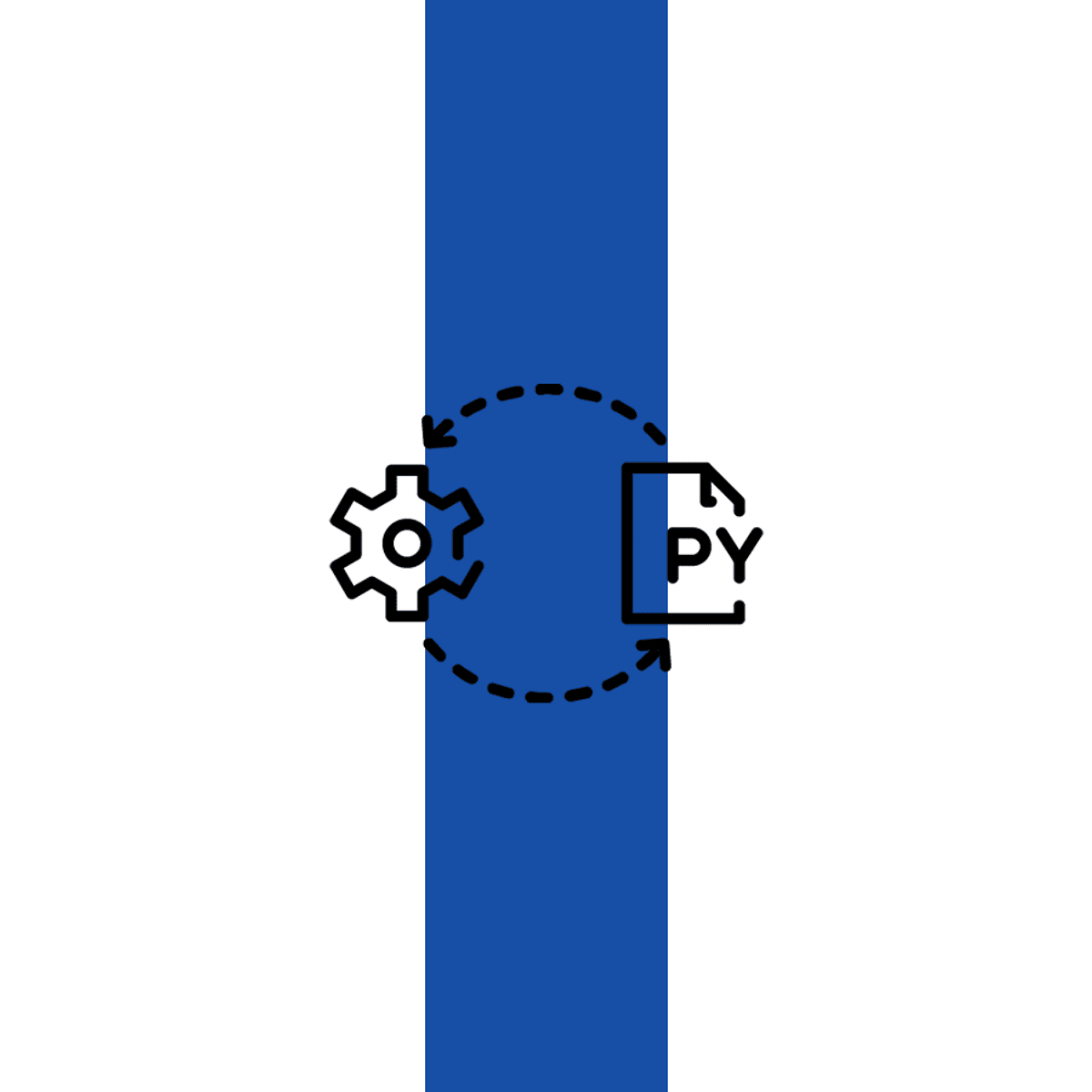
Google サイバーセキュリティ プロフェッショナル認定証の 7 つめのコースです。各コースでは初級サイバーセキュリティの職に必要なスキルを身につけることができます。
このコースでは、プログラミング言語 Python を学び、サイバーセキュリティの現場でタスクを自動化するために適用します。まず、データ型、変数、条件文、イテレーション ステートメント(繰り返し構文)の処理など、Python によるプログラミングの基本的な概念に焦点を当てます。また関数の作成、ライブラリやモジュールの使用、コードの可読性など、Python を効果的に使用するための知識も身につけます。さらに文字列やリストのデータを扱い、ファイルのインポート、パース、デバッグの方法についても学んでいきます。
サイバーセキュリティの分野で働いている現職の Google 社員が最適なツールやリソースを使って一般的なサイバーセキュリティの業務を遂行する実践的な方法を指導します。また就職活動への準備も手助けします。
この認定プログラムを修了すると、エントリーレベルのサイバーセキュリティの職に応募できるようになります。過去の業務経験は不要です。
What's inside
Syllabus
入門編:Python
ここでは、プログラミング言語 Python について、また Python がサイバーセキュリティでどのように活用されているかを学びます。またデータ型や変数、条件文、反復文など、Python の基本的な概念についても学びます。
効果的な Python コードを記述する
Read more
Syllabus
Good to know
Save this course
Activities
Programming Concepts Review
Show steps
Review fundamental programming concepts to strengthen your foundation and facilitate a smoother transition into Python programming.
Browse courses on
Programming Fundamentals
Show steps
-
Revisit your previous programming courses or tutorials
-
Review basic data structures, algorithms, and control flow
-
Solve simple coding problems to test your understanding
Python in a Nutshell
Show steps
Review this book to familiarize yourself with Python fundamentals and establish a foundation for success in the course.
View
Pythonクイックリファレンス
on Amazon
Show steps
-
Read the book's introduction and the first 5 chapters
-
Complete the exercises at the end of each chapter
Study Group Discussions
Show steps
Join a study group to discuss course concepts, share knowledge, and support each other's learning, fostering a collaborative learning environment.
Browse courses on
Group Discussions
Show steps
-
Find or create a study group with fellow students
-
Establish regular meeting times for discussions
-
Prepare discussion topics in advance and facilitate knowledge sharing
Show all three activities
Programming Concepts Review
Show steps
Review fundamental programming concepts to strengthen your foundation and facilitate a smoother transition into Python programming.
Browse courses on
Programming Fundamentals
Show steps
- Revisit your previous programming courses or tutorials
- Review basic data structures, algorithms, and control flow
- Solve simple coding problems to test your understanding
Python in a Nutshell
Show steps
Review this book to familiarize yourself with Python fundamentals and establish a foundation for success in the course.
View
Pythonクイックリファレンス
on Amazon
Show steps
- Read the book's introduction and the first 5 chapters
- Complete the exercises at the end of each chapter
Study Group Discussions
Show steps
Join a study group to discuss course concepts, share knowledge, and support each other's learning, fostering a collaborative learning environment.
Browse courses on
Group Discussions
Show steps
- Find or create a study group with fellow students
- Establish regular meeting times for discussions
- Prepare discussion topics in advance and facilitate knowledge sharing
Career center
Cybersecurity Analyst
Information Security Analyst
Security Engineer
Network Security Engineer
Data Scientist
Software Engineer
Computer Programmer
Web Developer
DevOps Engineer
Database Administrator
IT Manager
Cloud Engineer
IT Auditor
IT Consultant
IT Security Manager
Reading list
Share
Similar courses
OpenCourser helps millions of learners each year. People visit us to learn workspace skills, ace their exams, and nurture their curiosity.
Our extensive catalog contains over 50,000 courses and twice as many books. Browse by search, by topic, or even by career interests. We'll match you to the right resources quickly.
Find this site helpful? Tell a friend about us.
We're supported by our community of learners. When you purchase or subscribe to courses and programs or purchase books, we may earn a commission from our partners.
Your purchases help us maintain our catalog and keep our servers humming without ads.
Thank you for supporting OpenCourser.


